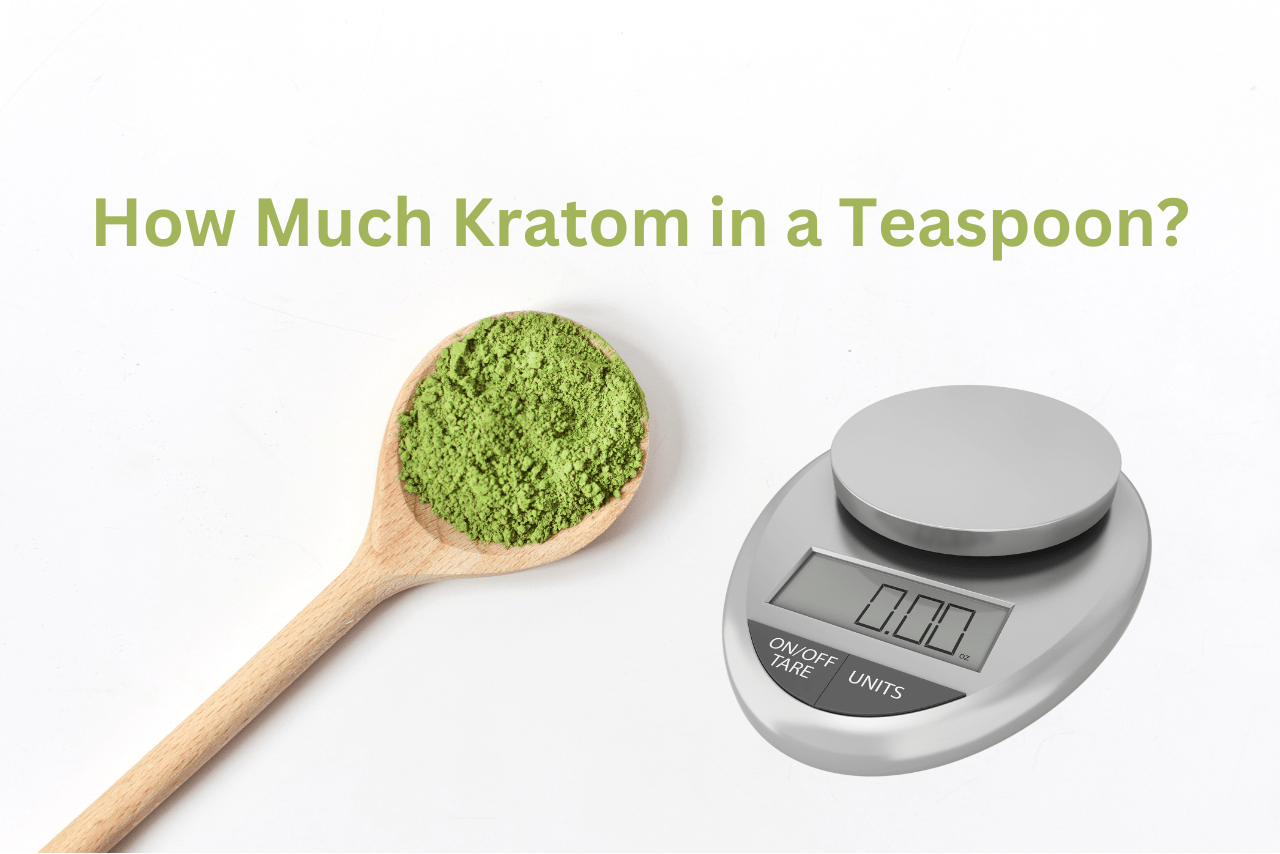Contents
Kratom Withdrawal: Recognizing Symptoms and Steps to Successful Recovery
- Written by jason
- Updated on April 23, 2025
- Published on
- Kratom Legal Status
Table of Contents:
- Understanding Kratom Withdrawal
- Symptoms of Kratom Withdrawal
- Duration of Kratom Withdrawal
- Managing Kratom Withdrawal
- Conclusion
- Frequently Asked Questions
Feeling Kratom withdrawal symptoms? You’re not alone. Withdrawal symptoms can be tough but understanding the process will help you get through this. In this article we’ll go over what to expect when quitting kratom and tips to help you through it.
As you think about quitting kratom you should be aware of the symptoms and how to manage them. Physical discomfort to emotional changes, withdrawal is different for everyone. By being informed you can make informed decisions about your health and wellbeing.
Whether you’re tapering off kratom or looking for support during the withdrawal process this article will give you guidance and insight to help you through it. Remember you can overcome this, and with the right tools and mindset you can get through the withdrawal.
Kratom Withdrawal
Kratom withdrawal is different for everyone. To understand kratom withdrawal you need to know that the symptoms can be very different from person to person. Withdrawal from kratom can be physical and emotional changes that can include muscle aches, insomnia, anxiety, irritability and even depression. These symptoms usually occur when you stop using kratom cold turkey after regular and long term use.
While the severity and duration of the symptoms can vary depending on dosage, frequency of use and individual body chemistry, it’s good to be aware of the potential symptoms. By being aware of the symptoms you can better prepare yourself for what may happen when you stop using kratom.
Being informed about kratom withdrawal allows you to make decisions about your health and wellbeing. Whether you choose to taper off kratom or seek professional help, understanding the withdrawal process gives you the knowledge to get through this phase. Remember seeking help and coping strategies will help you manage kratom withdrawal symptoms and get on the road to recovery.
Kratom Withdrawal Symptoms
Kratom withdrawal can bring about many symptoms which can vary in severity and duration from person to person. Some of these symptoms are:
- Muscle aches
- Insomnia
- Anxiety
- Irritability
- Depression
These symptoms are more pronounced when kratom use is stopped cold turkey after regular use. Your kratom dosage, how often you used it and your body chemistry can affect the severity of these withdrawal symptoms.
By knowing the symptoms of kratom withdrawal you can better prepare yourself for this phase. Remember seeking help and tapering off kratom will help you get through the withdrawal. Stay informed and empowered to make decisions about your health and wellbeing as you go through your recovery.
Duration of Kratom Withdrawal
Understanding the duration of kratom withdrawal is essential as it can vary significantly from person to person. The length of withdrawal symptoms typically depends on several factors such as the dosage of kratom used, the frequency of consumption, and individual body chemistry.
In general, kratom withdrawal symptoms can begin within 12-24 hours after the last dose. These symptoms often peak around 2-3 days after cessation and gradually subside over the course of a week or longer. However, some individuals may experience more prolonged withdrawal effects that can last up to several weeks, especially in cases of heavy and long-term kratom use.
It’s important to note that the duration of kratom withdrawal is influenced by how the substance interacts with your body. Factors like metabolism, genetics, overall health, and mental state can also play a role in determining how long withdrawal symptoms persist. Remember, everyone’s experience with kratom withdrawal is unique, so it’s crucial to listen to your body and seek professional guidance if needed.
Managing Kratom Withdrawal
Understanding the challenges of kratom withdrawal is crucial as you navigate this phase. Withdrawal symptoms can vary from physical discomfort to emotional changes, highlighting the unique experience for each individual. Common symptoms include muscle aches, insomnia, anxiety, irritability, and depression, particularly noticeable when kratom use is abruptly halted.
The onset of kratom withdrawal symptoms typically begins within 12-24 hours post your last dose, reaching peak intensity around 2-3 days after cessation before gradually subsiding over a week or more. However, some individuals may encounter prolonged effects lasting several weeks, especially with heavy and long-term use. Factors like metabolism, genetics, overall health, and mental well-being can impact the duration of withdrawal symptoms.
To manage kratom withdrawal effectively, consider tapering off kratom gradually or seeking support from healthcare professionals. By understanding the potential symptoms and their duration, you can better equip yourself to navigate through this challenging phase. Empower yourself to make informed decisions aligned with your health by adopting coping strategies and seeking assistance on your journey to recovery.
Conclusion
Navigating kratom withdrawal can be a challenging journey, but remember, you’re not alone in this experience. Understanding the range of symptoms, from physical discomfort to emotional changes, is crucial. Each person’s withdrawal experience is unique, influenced by factors like dosage and body chemistry.
Symptoms typically emerge within hours of the last dose, peaking after a few days and gradually diminishing over a week or more. However, prolonged effects may occur, especially with heavy use. Factors such as metabolism and overall health play a role in symptom duration. To effectively manage withdrawal, consider a gradual tapering-off approach or seek professional support.
By arming yourself with knowledge about potential symptoms and durations, you can better equip yourself for this phase and make informed decisions for your well-being. Remember, there are strategies and help available to aid you in successfully navigating kratom withdrawal.
Frequently Asked Questions
What are the common kratom withdrawal symptoms?
Common kratom withdrawal symptoms include muscle aches, insomnia, anxiety, irritability, and depression. These symptoms are often experienced when kratom is stopped abruptly after regular use.
When do kratom withdrawal symptoms typically start and how long do they last?
Withdrawal symptoms usually begin within 12-24 hours after the last dose, peak around 2-3 days post-cessation, and can last for over a week. In some cases, prolonged effects may persist for several weeks, especially with heavy and long-term use.
What factors can impact the duration of kratom withdrawal symptoms?
Several factors can influence the duration of withdrawal symptoms, such as metabolism, genetics, overall health, and mental state. The intensity and duration of symptoms can also vary based on dosage, frequency of kratom use, and individual body chemistry.
How can kratom withdrawal be effectively managed?
To manage kratom withdrawal, consider a gradual tapering off of kratom or seek support from healthcare professionals. Understanding potential symptoms and their duration can help individuals better prepare for this challenging phase and adopt coping strategies to navigate their recovery journey successfully.




